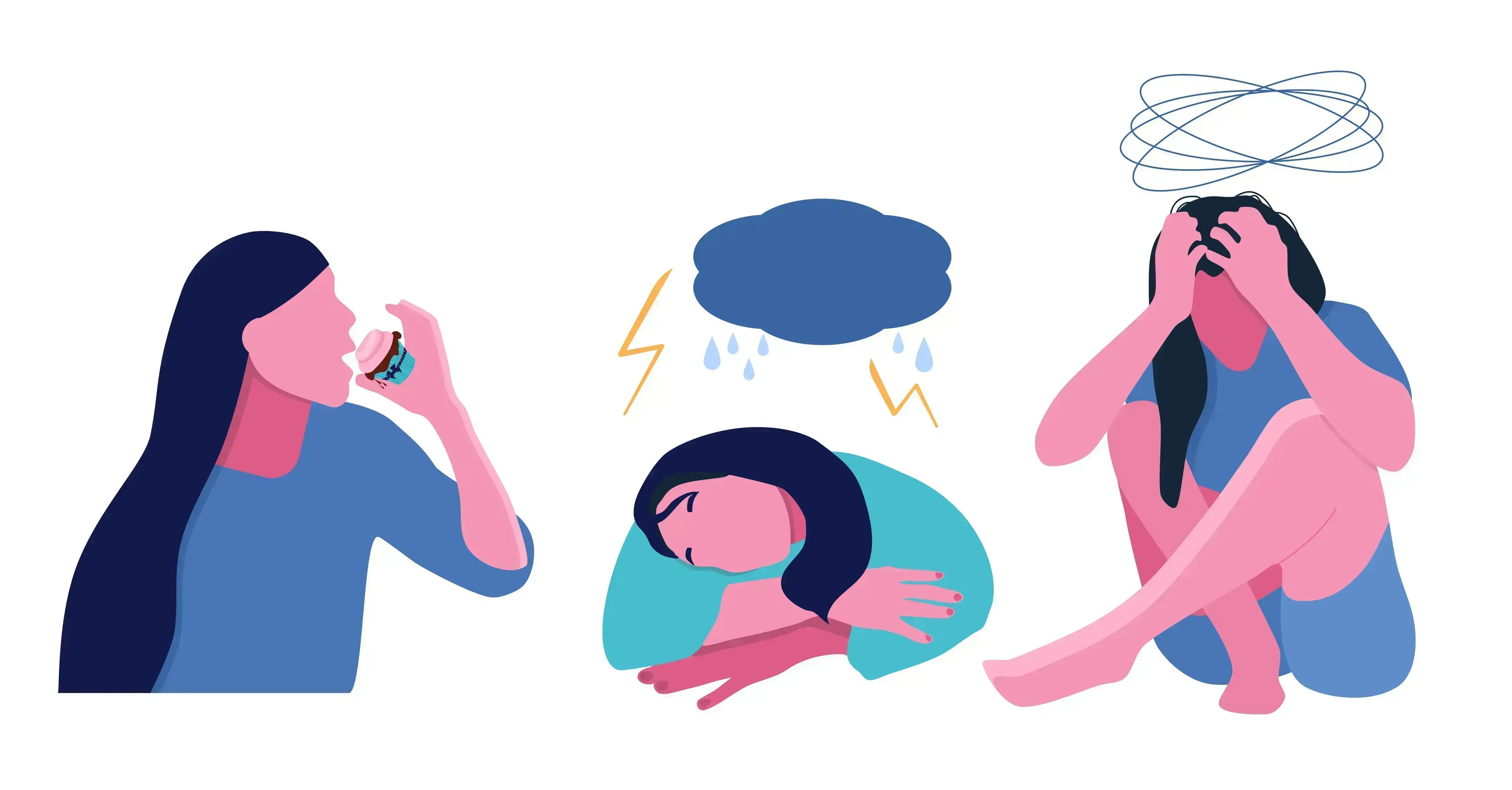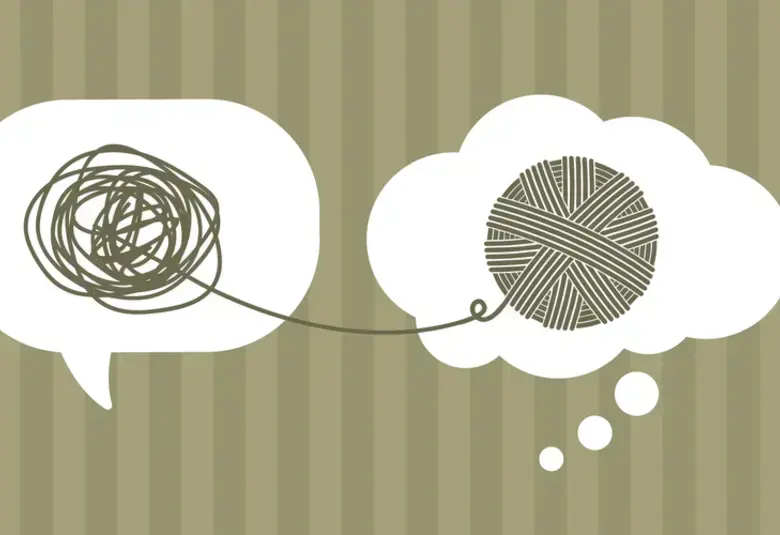Seasonal fluctuations in the symptoms of Alzheimer’s and Parkinson’s Diseases may increase care needs during the cold of the Northern winter. The mid-winter holidays also pose challenges through changes of routine, while reduced ability to participate may lead to distress.
알츠하이머병 및 파킨슨병 증상이 계절에 영향을 받으면서 한파가 심한 북부 지방에서는 환자 관리 수요가 증가할 수 있습니다. 또한 겨울 연휴 기간에는 일상의 변화로 인해 어려움을 겪을 수 있으며, 이 기간에 여러 기능의 저하로 활동에 제약을 받는다는 사실이 고충으로 다가올 수 있습니다.
Seasons have a significant impact on cognition in older adults, including those with Alzheimer’s Disease (AD), with a measurable drop in mental ability evident during the northern hemisphere winter.1 This effect was consistent across three observational community-based cohorts (which together included more than three thousand people) and independent of confounding variables such as depression and sleep disturbance.
계절은 알츠하이머병(AD) 환자를 비롯한 노년층의 인지 기능에 상당한 영향을 미치며, 특히 북반구의 겨울에는 노년층의 정신 능력이 눈에 띄게 저하됩니다.1 이러한 영향은 3개의 공동체 기반 관찰 코호트 연구(총 3,000명 이상)에서 일관되게 나타났으며, 우울증과 수면 장애 등의 혼재 변수로부터 독립적입니다.
Winter is significantly associated with impaired cognition and low CSF Aβ 42
겨울은 인지 장애 및 낮은 CSF Aβ 42 수치와 밀접한 관련이 있습니다
Season affects cognition, biomarkers and gene expression
계절은 인지 기능, 바이오마커, 유전자 발현에 영향을 미칩니다
- On a battery of 19 tests, the overall seasonal difference was equivalent to 4.8 years of normal cognitive decline and likely to be significant for both diagnosis and management. In winter and spring, the odds ratio of meeting the criteria for mild cognitive impairment or dementia was 1.31
- In the subgroup of people who had lumbar puncture, levels of CSF amyloidβ-42 were lowest in the winter.
- Among people who were autopsied, gene expression assessed by RNA sequencing in the dorsolateral prefrontal cortex – a key node for working memory – also showed a seasonal rhythm, and this correlated with changes in cognition.
- 총 19개의 실험에서, 계절에 따른 전반적 차이는 일반적인 인지 기능 저하가 4.8년 경과된 상태와 동일한 수준이며 진단 및 관리 모두에 영향을 미칠 가능성이 높은 것으로 나타났습니다. 겨울과 봄에는 odds ratio가 1.31로, 이는 경도 인지 장애 또는 치매의 진단 기준 범위에 해당합니다.
- 요추 천자 경험이 있는 하위 집단은 겨울에 CSF 아밀로이드 β-42가 최저치를 기록했습니다.
- 기억 및 기능수행의 핵심인 배외측 전전두피질의 RNA 배열을 이용한 유전자 발현 검사와 부검에서도 계절에 따른 변화가 발견되었으며, 이는 인지 기능의 변화와도 상관관계가 있었습니다.
Non-motor PD symptoms worsen in winter
파킨슨병 비운동 증상은 겨울에 악화됩니다
Scores on the Parkinson’s disease non-motor symptom scale show greater disability in winter, according to data from 372 consecutive PD patients.2 The difference is large enough to influence care needs and medication.
파킨슨병 환자 372명의 데이터를 바탕으로 파킨슨병 비운동 증상 척도의 점수를 살펴보면 겨울에 장애 수준이 높다는 것을 알 수 있습니다.2 이는 환자 관리 수요와 약물 치료에 영향을 미칠 만큼의 현저한 차이입니다.
The investigators attribute the seasonal variation to altered functioning in the body's master clock, the suprachiasmatic nuclei. Among domains significantly affected are cardiovascular symptoms and perception.
연구진은 계절적 변화를 신체의 마스터 시계라고 할 수 있는 시교차상핵의 기능 변화에 따른 결과라고 말합니다. 가장 큰 영향을 받는 대상은 심혈관 증상 및 지각 능력입니다.
Although problems can occur in summer, vasomotor-related symptoms of cold in the distal limbs – reported by up to 50% of people with PD – are typically associated with winter.3 Cold sensitivity is linked to pain and can be physically disabling.
물론 여름에도 문제는 발생할 수 있지만, 사지 말단의 온도가 내려가는 혈관 운동 관련 증상은 파킨슨병 환자의 최대 50%가 겪는 증상으로서 주로 겨울철에 발생합니다.3 추위민감증은 통증과 관련이 있으며 신체 장애로 이어질 수 있습니다.
Social factors can also cause distress
사회적 요인도 고충을 유발합니다
With the associated festivities, midwinter is generally a time of cultural as well as climatic challenge for people with neurodegenerative conditions. Covid-19 has made 2020 exceptional, but the challenges persist.
축제 분위기로 가득한 겨울은 신경퇴행성 질환 환자에게 기후적으로뿐만 아니라 문화적으로도 힘든 시기입니다. 2020년은 코로나19 유행으로 인해 예년과 달랐지만, 환자들은 여전히 어려움을 겪고 있습니다.
The season creates opportunities to evoke treasured memories, but also possible distress when circumstances contrast so starkly with the past.
겨울은 소중한 추억을 떠올릴 수 있는 계기를 만들어 주지만, 현재와 과거의 괴리가 상당히 큰 경우에는 괴로움을 줄 수도 있습니다.
For those in institutions, midwinter brings disruption, with confusing changes in staff and routine. For all, longer hours of darkness make it difficult to distinguish between night and day.
특히 요양 시설에 있는 환자들에게 겨울은 직원 교체와 일상의 변화로 인해 혼란스러운 계절입니다. 또한 해가 짧아지면서 사람들이 낮과 밤을 제대로 구별하기 어려워하기도 합니다.
Among potentially helpful suggestions for people with dementia:4
다음은 치매 환자들에게 유용할 수 있는 조언입니다.4
- Keep to routine if possible and plan for changes
- Ensure supply of medications
- Have a quiet area available
- Evoke memories but don’t follow traditions that are no longer appropriate
- In relation to food, keep the person involved in cooking if they wish. Don’t worry about timings and don’t put too much on the plate of someone with reduced appetite
- If someone does not feel festive, don’t force it on them.
- 가능한 한 일상을 그대로 유지하고 변화에 대비해 계획하기
- 복용약이 부족하지 않도록 준비하기
- 조용한 공간 확보하기
- 추억을 떠올리되 더 이상 가능하지 않은 전통을 따르지 않기
- 음식을 준비할 때 환자가 원한다면 요리 과정에 참여하게 하기, 끼니 시간에 대해 지나치게 신경 쓰지 말고 식욕 감퇴를 겪는 사람에게 너무 많은 음식을 제공하지 않기
- 축제 분위기를 느끼지 못하는 사람에게 즐길 것을 강요하지 않기
Our correspondent’s highlights from the symposium are meant as a fair representation of the scientific content presented. The views and opinions expressed on this page do not necessarily reflect those of Lundbeck.




